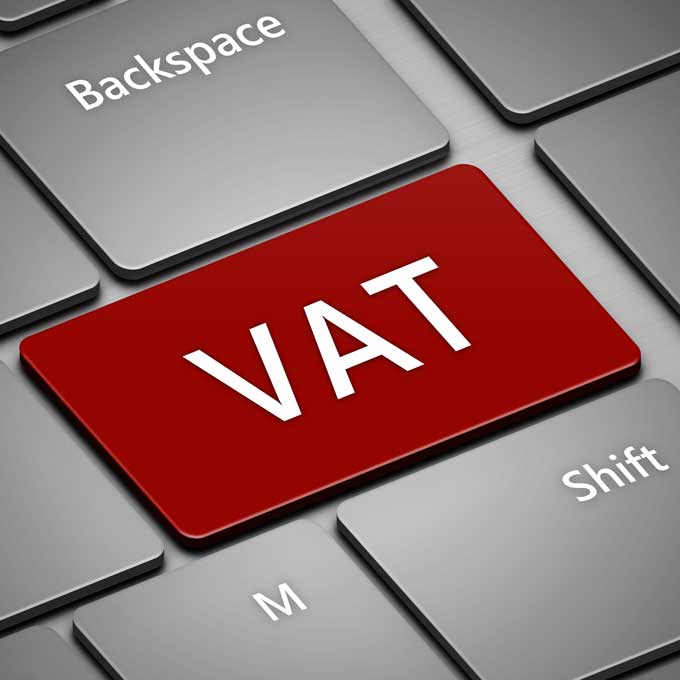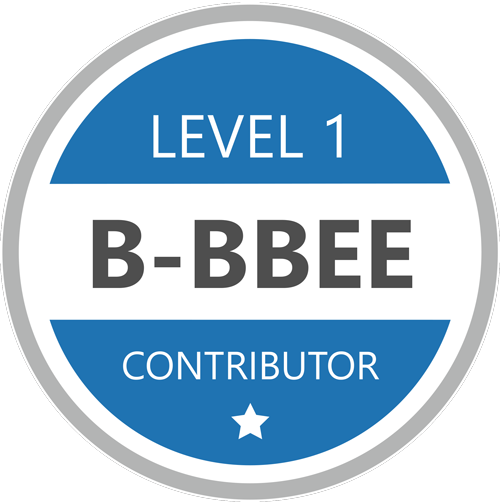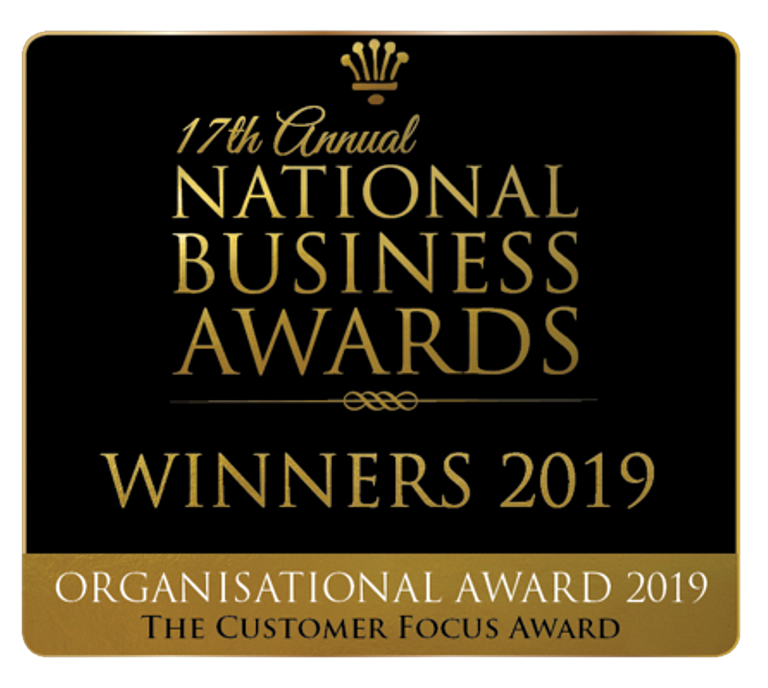Written by Hansie Horn, MaxProf Audit Manager
When Client A, a VAT vendor, receives an invoice from Client B, another VAT vendor, but notices that VAT is not explicitly charged, questions arise. The supply in question is taxable and does not qualify as zero-rated. Does the price or consideration include VAT even if the invoice does not explicitly indicate it? Below, we explore this question in the context of South Africa’s Value-Added Tax Act 89 of 1991.
Key Definitions from the VAT Act
Understanding the following definitions is crucial:
- Vendor: A person required to register under the VAT Act, including those deemed vendors from a specified date by the Commissioner (Section 1).
- Supply: Any performance in terms of a sale, rental, or other agreement, including involuntary or legal operations (Section 1).
- Recipient: The person to whom goods or services are supplied (Section 1).
- Invoice: A document notifying an obligation to make payment (Section 1).
- Tax Invoice: A document required under Section 20 to meet specific standards (Section 1).
- Consideration: Payment made for the supply of goods or services, including tax, whether monetary or otherwise (Section 1).
- Output Tax: Tax charged under Section 7(1)(a) for goods and services supplied by a vendor (Section 1).
VAT Registration and Obligation to Charge VAT
Per Section 23(1)(a) of the VAT Act, a person carrying on an enterprise must register for VAT when their taxable supplies exceed R1 million over 12 months. Section 7(1)(a) further obligates vendors to levy VAT on the supply of goods and services in the course of their enterprise.
Given this, Client B, as a VAT vendor, is required to charge VAT on the taxable supply of goods and services.
Is the Price Deemed Inclusive of VAT?
Section 64(1) of the VAT Act states:
Any price charged by a vendor for a taxable supply is deemed to include VAT, whether or not explicitly stated.
Thus, even if Client B’s invoice does not explicitly include VAT, the price is considered VAT-inclusive. Client B remains obligated to declare output tax to SARS, as the invoice’s consideration inherently includes VAT.
Consequences of Non-Compliant Invoices
To claim an input deduction, a tax invoice must meet the requirements outlined in Section 20 of the VAT Act. If the invoice is non-compliant:
- Client A cannot claim an input deduction.
- Client A may request Client B to issue a corrected tax invoice.
Alternatively, under Section 21, Client B could issue a credit note for the incorrect invoice and replace it with a compliant one. However, if both parties have agreed on the original consideration, including VAT, and Client A refuses an increased price reflecting 15% VAT, this complicates matters.
Importance of Compliance
Issuing compliant invoices is critical to avoid:
- Adverse cashflow impact from unexpected VAT liabilities.
- Prohibiting the recipient vendor from claiming input tax deductions.
Vendors must ensure invoices meet legal requirements before issuance to prevent these challenges.
Key Takeaways
- VAT is deemed included in the price charged, even if not explicitly stated on the invoice.
- Vendors are obligated to declare output VAT to SARS.
- Non-compliant invoices prevent output tax deductions and may require correction.
- Compliance with VAT Act provisions ensures smoother transactions and avoids financial penalties.
Ensure your invoices comply with South Africa’s VAT Act to avoid penalties and streamline your tax processes. Need assistance with VAT compliance? Contact our experts today for tailored guidance and support.














